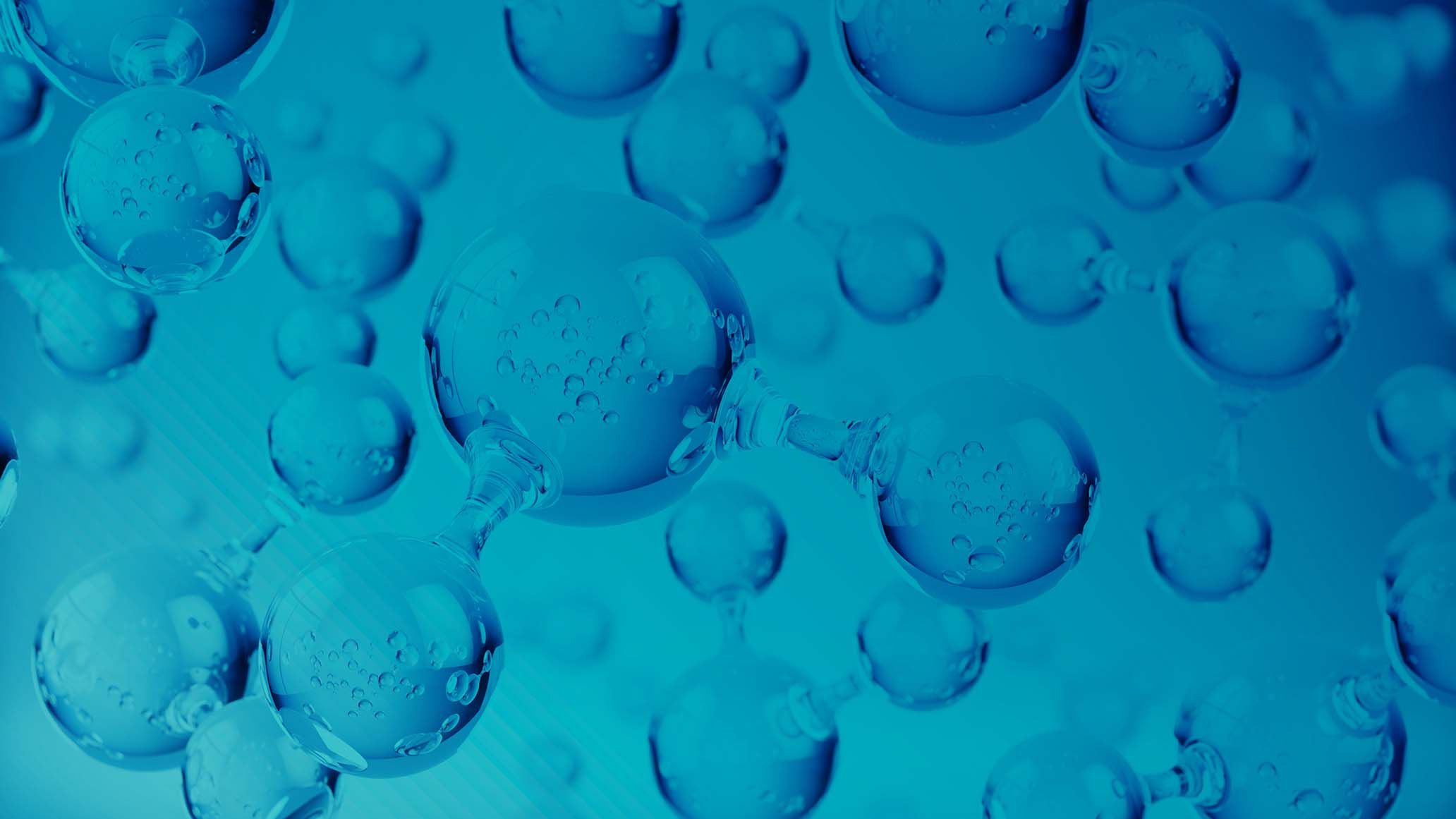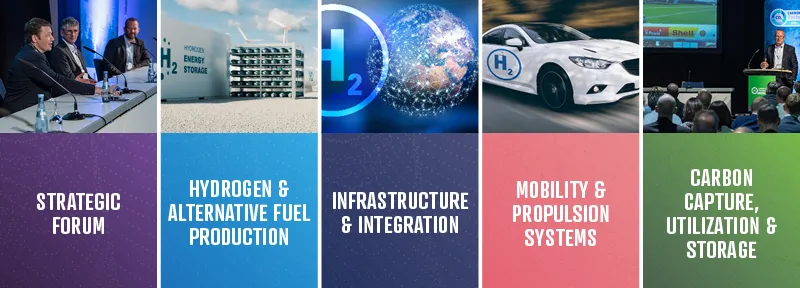7bn euros in hydrogen infrastructure subsidies from seven member states has been permitted by the EU
)
A third multi-billion-euro H2 approval has occurred and this approval allows the deployment of 3.2GW of electrolysers, as well as thousands of kilometres worth of hydrogen pipelines. There are seven EU member states who are now ready to invest billions of euros into the deployment of the hydrogen infrastructure in the bloc, now that this project has been told by ‘Hy2Infra’ that it is able to go ahead.
A significant investment of 6.9bn euros has been made by France, Germany, Poland, Italy, Portugal, Slovakia and the Netherlands. This investment will go towards supporting 32 companies in their delivery of 33 inter-operable projects. These projects will include a total of 3.2GW of electrolysers.
This Hy2Infra project is the third-hydrogen related Important Project of Common European Interest (IPCEI) that has been approved by the EC. The aim for this Hy2Infra project is to collaborate, connect and share knowledge with other hydrogen-related projects. Creating these connections will enable the separate hydrogen projects to form a hydrogen ecosystem that runs throughout the bloc.
Another benefit of the Hy2Infra program is that it will provide approval for 2,700km of new and repurposed hydrogen transmission and distribution pipeline. The pipeline to be used will be located throughout Italy, Germany and Slovakia, as these countries already have a large network of gas pipelines.
There are also multiple projects from the seven other member states which have been granted permission to start operations or which have been granted funding. The Netherlands and Germany were granted port and handling facilities for an estimated 6,000 tons-per-year of liquid organic hydrogen carriers (LOHC). Germany also received a 370GWh large-scale H2 storage in Germany.
A certain amount of electrolysis capacity was provided to Portugal (790MW), Italy (600MW), France (200MW) and finally, Poland (105MW).
Furthermore, it has been permitted through the IPCEI programme, that member states who want to subsidise clusters of projects can apply to be considered together.
The EU is also hopeful that the 6.9bn euro investment will lead to a different investment, this time from private funding, of 5.4bn euros. This would bring the total amount of funding to 12bn euros.
The EU’s competition commissioner Margerethe Vestager, commented, “While the renewable hydrogen supply chain in Europe is still in a nascent phase, Hy2Infra will deploy the initial building blocks of an integrated and open renewable hydrogen network. This IPCEI will establish the first regional infrastructure clusters in several member states and prepare the ground for future interconnections across Europe, in line with the European Hydrogen Strategy. This will support the market ramp-up of renewable hydrogen supply and take us steps closer to making Europe the first climate-neutral continent by 2050.”
Vestager continued, “We approved IPCEI Hy2Infra because it generates positive spillover effects across the EU. First, additional stakeholders will have the possibility to connect to and use open access infrastructure under non-discriminatory terms. Second, Hy2Infra participants will be amongst the first to face and solve the technical challenges linked to new large-scale infrastructure projects, generating operational experience useful to other market players. Indeed, participants commit to share their knowledge with the wider community, notably through collaborations with universities and research organisations.”



)
)
)
)
)
)
)
)


)
)
)
)
)
)
)

)
)
)
)
)
)
)
)

)
)
)
)
)
)
)

)
)
)
)

)
)

)
)
)
)
)
)
)
)

)
)
)
)
)

)
)

)
)
)
)
)
)
)
)


)
)


